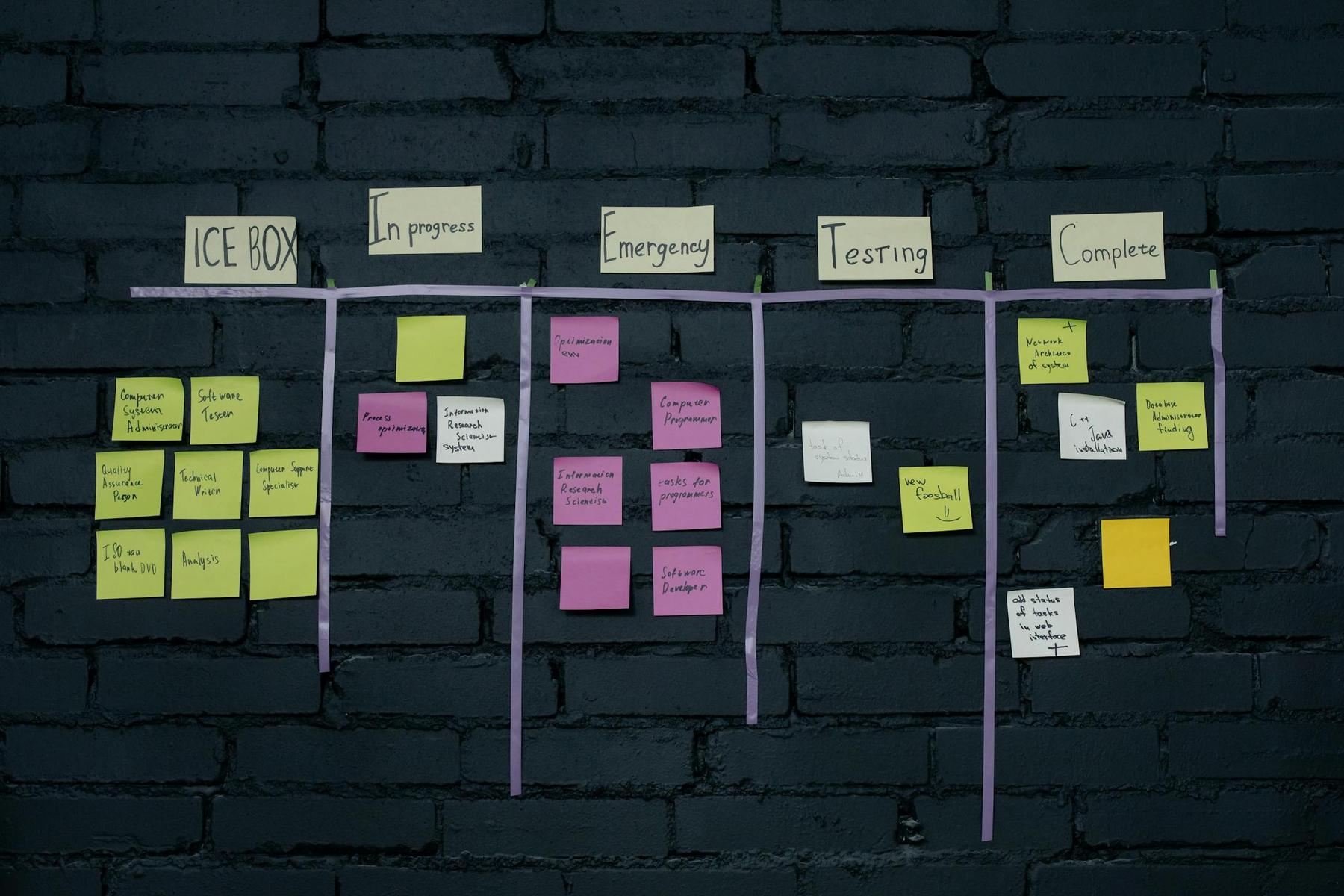The quality of your sleep tonight will determine how well you remember tomorrow. This fundamental relationship between sleep and memory represents one of the most profound discoveries in neuroscience, yet millions of Australians continue to underestimate its significance. As sleep disorders affect nearly 40% of Australian adults, understanding how sleep shapes our cognitive abilities has never been more crucial for maintaining mental sharpness and overall brain health.
Recent advances in sleep research have unveiled the intricate mechanisms by which our brains consolidate, process, and strengthen memories during rest. This emerging science offers compelling insights into why adequate sleep isn’t merely restorative—it’s essential for optimal cognitive function and long-term brain health.
How Does Sleep Affect Memory Formation and Consolidation?
Sleep serves as the brain’s natural memory processing system, transforming temporary information into lasting memories through sophisticated neural mechanisms. During sleep, the brain doesn’t simply rest; it actively reorganizes and strengthens the day’s experiences through a process called memory consolidation.
The relationship between sleep and memory operates through multiple pathways. When we sleep, our brains replay neural patterns established during waking hours, reinforcing important connections whilst allowing less relevant information to fade. This selective process ensures that meaningful experiences become integrated into our long-term memory networks.
Research demonstrates that sleep facilitates both declarative memory (facts and events) and procedural memory (skills and habits). The brain’s hippocampus, which temporarily stores new information, communicates with the neocortex during sleep to transfer memories for permanent storage. This transfer process is so crucial that even brief interruptions to sleep can significantly impair memory formation.
The timing of sleep relative to learning also matters considerably. Studies show that sleeping within hours of acquiring new information dramatically improves retention compared to staying awake. This finding underscores sleep’s active role in memory processing rather than passive recovery.
What Happens to Memory During Different Sleep Stages?
Sleep consists of distinct stages, each contributing uniquely to memory consolidation processes. The following table outlines the key sleep stages and their roles in memory:
| Sleep Stage | Duration | Memory Function | Key Characteristics |
|---|---|---|---|
| Stage 1 (N1) | 5-10 minutes | Transition period | Light sleep, easily awakened |
| Stage 2 (N2) | 45-55% of sleep | Procedural memory consolidation | Sleep spindles, memory replay |
| Stage 3 (N3) | 15-20% of sleep | Declarative memory transfer | Deep sleep, slow brain waves |
| REM Sleep | 20-25% of sleep | Creative connections, emotional processing | Rapid eye movements, vivid dreams |
During non-REM sleep—particularly the deeper stages—the brain coordinates the transfer of information from temporary storage in the hippocampus to long-term areas of the cortex. Stage 2 sleep, with its characteristic sleep spindles, helps gate information flow and protects against disruptions, while deep sleep is essential for transferring factual memories from short-term storage to permanent repositories.
Why Is REM Sleep Critical for Memory Consolidation?
REM sleep represents a unique physiological state where the brain exhibits high levels of activity while the body remains largely immobile. During this stage, the brain forms novel connections between disparate pieces of information, fostering creativity and problem-solving. REM sleep also helps process emotional memories by integrating them with factual data, ensuring that experiences of emotional significance are encoded effectively.
The selective nature of REM sleep means that the brain prioritizes memories based on their emotional importance, which enhances the quality of memory retention. Research shows that deprivation of REM sleep can hinder creative thinking and emotional regulation, highlighting its specialized role in higher-order cognitive processing.
How Does Sleep Deprivation Impact Memory Performance?
Sleep deprivation triggers a cascade of cognitive impairments that extend far beyond mere tiredness. Even a reduction of one to two hours of sleep per night can impair the brain’s ability to encode new memories due to decreased hippocampal activity. The prefrontal cortex, responsible for working memory and executive function, also suffers, leading to challenges in memory retrieval and decision-making.
Chronic sleep deprivation may contribute to long-term cognitive decline, as the brain’s mechanism for clearing toxic proteins during sleep is compromised. This deterioration can accelerate age-related memory loss and increase the risk of neurodegenerative diseases.
What Does Australian Sleep Research Reveal About Memory?
Australian research highlights significant trends, indicating that 33-45% of adults report poor sleep quality, with urban populations being particularly affected. Factors such as shift work, climate extremes, and widespread sleep disorders like sleep apnea contribute to suboptimal memory consolidation.
Shift workers, for instance, experience disrupted sleep patterns that impair memory formation and retention, while environmental challenges like extreme temperatures further degrade sleep quality. These findings underscore the critical need for improved sleep health to support cognitive functions across Australia.
Can Sleep Quality Be Optimised for Better Memory Function?
Optimizing sleep quality can significantly enhance memory consolidation. Maintaining a consistent sleep schedule helps stabilize circadian rhythms, fostering an environment conducive to memory processing. Additionally, creating a sleep-friendly environment—characterized by cool temperatures, minimal light, and reduced noise—can promote deeper, uninterrupted sleep cycles.
Pre-sleep routines that encourage relaxation and minimize exposure to bright screens can also aid in the transition to sleep. Combining these strategies with regular physical activity can further strengthen sleep quality and memory performance.
The Future of Sleep and Memory Science
As research continues to evolve, scientists are uncovering more detailed mechanisms that explain how sleep shapes cognitive abilities. Future studies may offer personalized insights into sleep architecture, leading to targeted strategies for memory enhancement. Integrative approaches that consider sleep as a fundamental aspect of overall health could transform how we address cognitive decline and mental wellbeing.
How many hours of sleep do I need for optimal memory function?
Most adults require 7-9 hours of quality sleep nightly for optimal memory consolidation. However, individual needs vary, and sleep quality often matters more than duration alone. Consistent sleep timing and complete sleep cycles are crucial for effective memory processing.
Can short naps improve memory performance?
Yes, strategic napping can enhance memory consolidation, particularly for procedural learning. Naps of 60-90 minutes that include complete sleep cycles offer the greatest memory benefits, while shorter 20-minute naps can improve alertness without interfering with nighttime sleep.
Does the timing of sleep affect memory formation?
Yes, sleeping soon after learning new information significantly improves memory retention compared to staying awake. The brain consolidates memories most effectively within the first few hours after acquisition, making post-learning sleep crucial for memory formation.
How does age affect the relationship between sleep and memory?
Age-related changes in sleep architecture, such as reduced deep sleep and altered REM patterns, can impact memory consolidation. Older adults may experience diminished memory retention, which makes maintaining good sleep hygiene increasingly important as we age.
Can improving sleep quality reverse memory problems?
Improving sleep quality, particularly by addressing sleep disorders and optimizing sleep hygiene, can significantly enhance memory function. However, the degree of improvement depends on individual factors and the underlying causes of memory difficulties.













